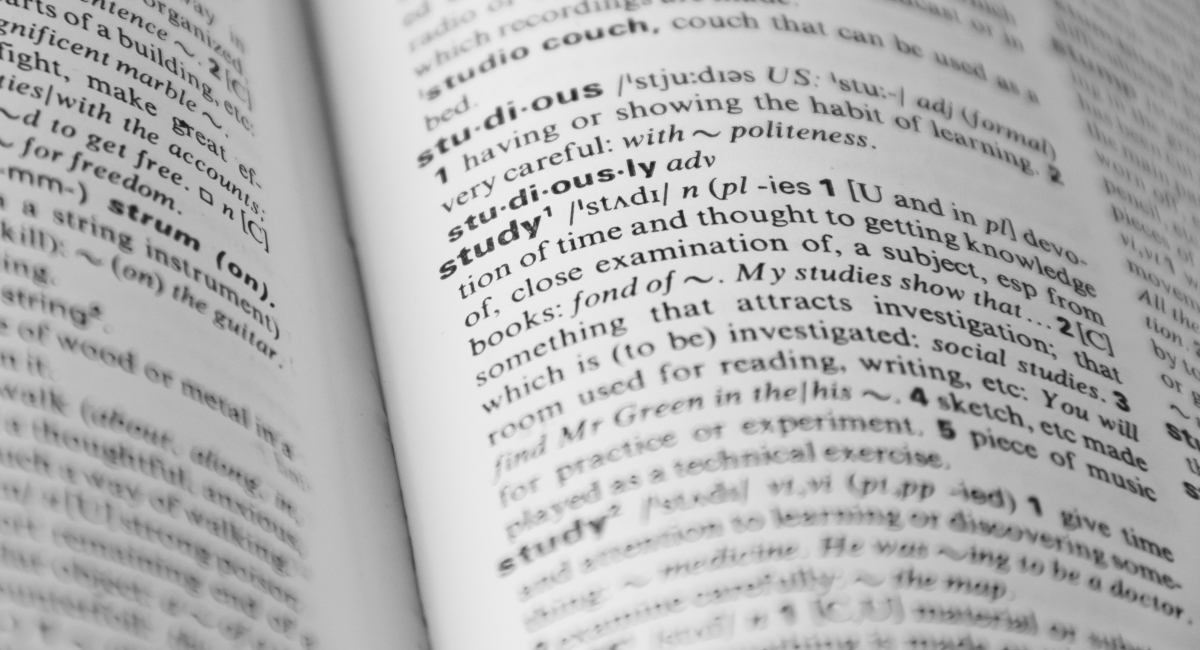Legal document translation is one of the most complex practices of the translation field. It requires complete dominance over the discipline. Since professional legal translation mostly consists of translating official documents, it requires utmost attention and extensive study. If the individuals involved in the process lack sufficient knowledge, serious problems that lead to heavy consequences may occur.
Thus, the translation of legal texts is a very serious business. For example, a contract made between two foreign companies is signed in both languages, and both texts may be binding.
In this case, legal translation services take great responsibility while translating or proofreading the texts. Because during the translation of contract texts, even a small mistake, such as putting a comma in the wrong place, makes the text open to different interpretations causing legal problems.
In this article, we will cover what legal translation is, how important it is to work with experts in the field, and how you can build yourself a guide, preparing you for legal translation.
What is Legal Translation?
The rules of law are in relation to the cultural and historical characteristics of each society.
Therefore, legal systems and legal rules may differ from country to country or from society to society and may have some unique concepts and qualities. Therefore, the transfer of legal rules and legal language, which must be objective, through translation to the target language brings some difficulties. Legal term translation, which brings some legal obligations to the LSP and the translator, is a practice that requires specialization. For this reason, legal translation needs a special study on this subject and in the legal field or requires at least above-average knowledge. Some documents translated within the scope of legal translation are:
- Notarized Documents: They require certified legal translation. Documents approved by a notary and then submitted to official institutions are translated by sworn translators. Birth certificates, passports, driver’s licenses, license documents, marriage certificates can be given as examples of such texts.
- Court Decisions: Legal translation is also used in the translation of the decisions and provisions announced at the end of the lawsuit.
- Patent Procedures: The right to use and disseminate the invention given to the inventor can be explained as a patent. For these documents to be valid in other countries, they must be translated by legal document translation services.
- Laws and Regulations
- Contracts: In particular, there is a need for the translation of agreements and contracts signed between multi-stakeholder institutions into other languages.
- Official Documents: It includes the translation of documents such as diploma, student certificate, identity, and residence.
- Legal Publications: It includes the translation of legal texts produced in the academic field.
Legal language is a language with its own structure, full of terminology that is not used in everyday language. Thus, legal term translation is a study of itself.
These features are examined under the following groups:
- Long and complex sentences,
- Unusual sentence structures,
- Impersonal and passive sentence structures,
- Vague language,
- Old language use,
- Newly derived words,
- Using words other than their known meanings,
- Using synonyms together,
- Time in the language of the law,
- Technical terms,
- Formality.
6 Key Steps That Help You Prepare For Legal Translation:
1- Understand the Document and Its Object
In addition to being different in terms of style, legal texts are among the texts with extremely rich content to be evaluated. Legal translations should be done with zero error since studies in legal fields have the power to directly affect the rights and freedoms of both individuals and companies. If there is any mistake in the document or text, it is considered the responsibility of the legal translation services.
For this reason, legal translations of the official documents should be regarded more carefully. If it is not demanded by the client, no additions, deletions or changes should be made in the legal texts. In addition, since it is submitted to official institutions, legal document translations must be notarized and stamped to be valid.
2- Study the Target Country’s Constitution, Law, and Codes
A translator’s success in translation in different fields such as law, economy, medicine, international relations, history, education, literature, and art is determined by the level of knowledge they have in that field. For example, in addition to the knowledge and skills of the translator who will practice legal translation, their command of general knowledge and terminology in both the source and the target languages plays a major role in the quality of professional legal translation services.
The translator who will make a legal translation should know the legal system and legal terminology of the target language and culture like a lawyer who speaks a foreign language. The tradition, lifestyle, and history of the countries where the target language is used should be studied like a sociologist.
Different legal systems bring about the use of different concepts, institutions, and terms, and these differences cause problems in transferring them to the target language during translation. A concept may not have an equivalent in the target language, or it may be used with a different meaning and purpose. This prevents the full and correct transfer of that concept to the target language, causing confusion between the translator and the readers.
3- Use Reference Documents
No matter what type of translation is made, the general rule of “having full command of both the source and the target language” is also valid for legal document translation. Compared to other text types, legal texts usually consist of quite long and complex sentences. It is even possible to come across texts where a single sentence consists of 15 lines. In such cases, the translator first analyzes the meaning of the source text, does the necessary research, and then moves on to the process of transferring it to the target language in the most understandable way.
In this process, you should consult dictionaries, reference documents, and other translations on the same subject. Reading reference documents can also be a guide that makes translation easier and help you do deeper research before starting the translation.
4- Make Sure You Apply Proper Specifications
Legal translations have a specific tone and flow that should be maintained throughout the document. As it is a unique field of translation, you should be as objective and true to the source content as much as possible. Understanding the formality of the practice, legal translation services that are experienced in legal translations pay attention to these points:
- No comment is allowed, the message given in the source language is translated into the target language without changing it.
- The words and phrases used should be specific to the field of law.
- The translator should make quality translations knowing that they are under legal responsibility.
- A translator translating in the field of law should have a good knowledge of the legal systems between countries, and in cases where the legal concepts between the two languages do not overlap, the translator should find this by researching.
- Legal translations are types of practice that require as much cultural accumulation as literary translations.
- Legal translations unquestionably require experience.
- Translations must be done impartially.
- Translations should be made in accordance with the principle of justice.
5- Benefit from the Advantages of Translation Memory Systems
TMSs provide very valuable assistance. A TMS is a base that all experts can benefit from its term banks and translation memories. If you have previously translated and recorded words, phrases, or even sentences that also appear in your source text, you can automatically translate them and lighten your workload considerably.
For example, Tarjama’s legal translation experts have a huge legal translation memory in Cleverso, our translation management system. This rich memory allows them to translate more accurately and efficiently.
6- Always Consult A Language Partner with Experience in the Legal Field
Unlike other business documents, legal documents have strict and unique terms. In legal translation, the translator will encounter differences in legal expressions and customs while transferring legal concepts to another language. In this case, legal document translation services should be very clear about which language to use in the target jurisdiction.
You should always be in contact with another person who is highly experienced in the field. It is also necessary that your translation should be proofread at every stage. This way, you can spot a mistake or a term used incorrectly and do not make the same mistakes while translating the rest.
Keep in mind that when words are used incorrectly in a legal translation that has its own language, the validity of the whole text may be lost. Since the slightest mistake made in legal translation will cause the official document to be deemed invalid, it is necessary to have the translation done by a reliable professional language service provider that has a high level of expertise in legal translation services.
At Tarjama, we provide accurate translations that preserve the integrity of documents with the utmost sensitivity. We work with translators, editors, and proofreaders who are experts in legal translation. Contact us to get the best legal translation service.



















